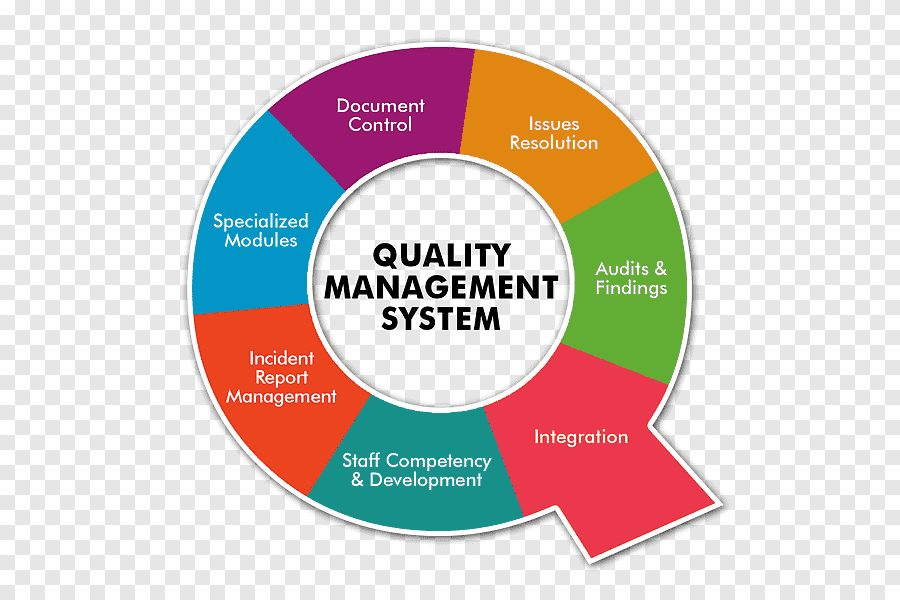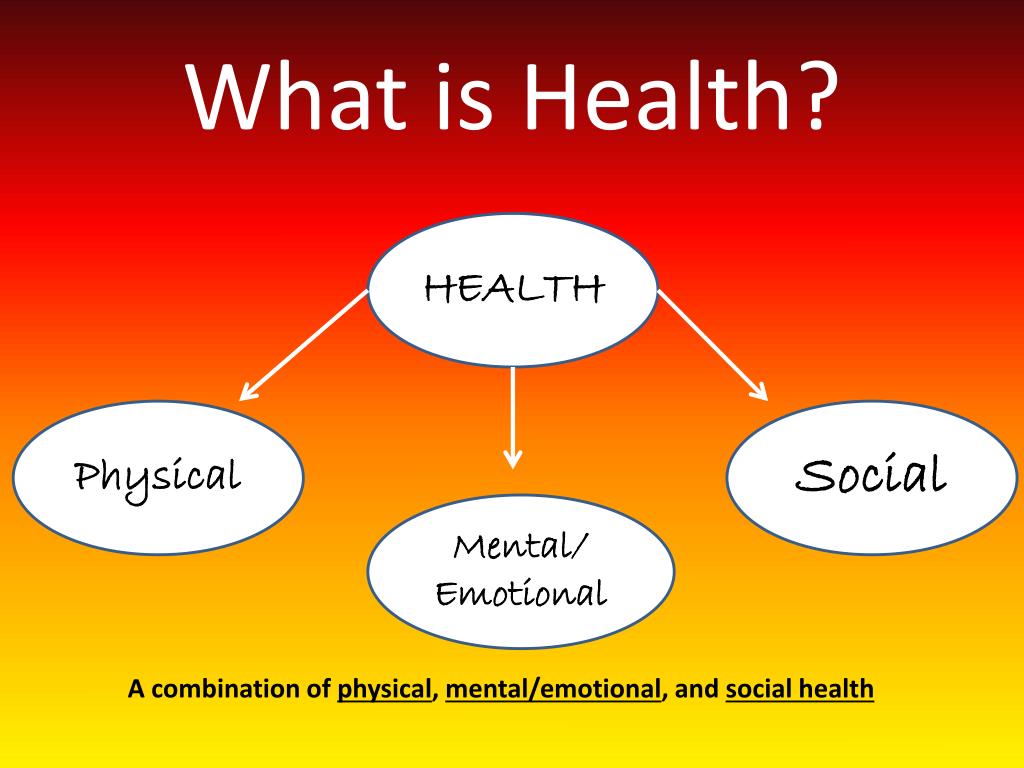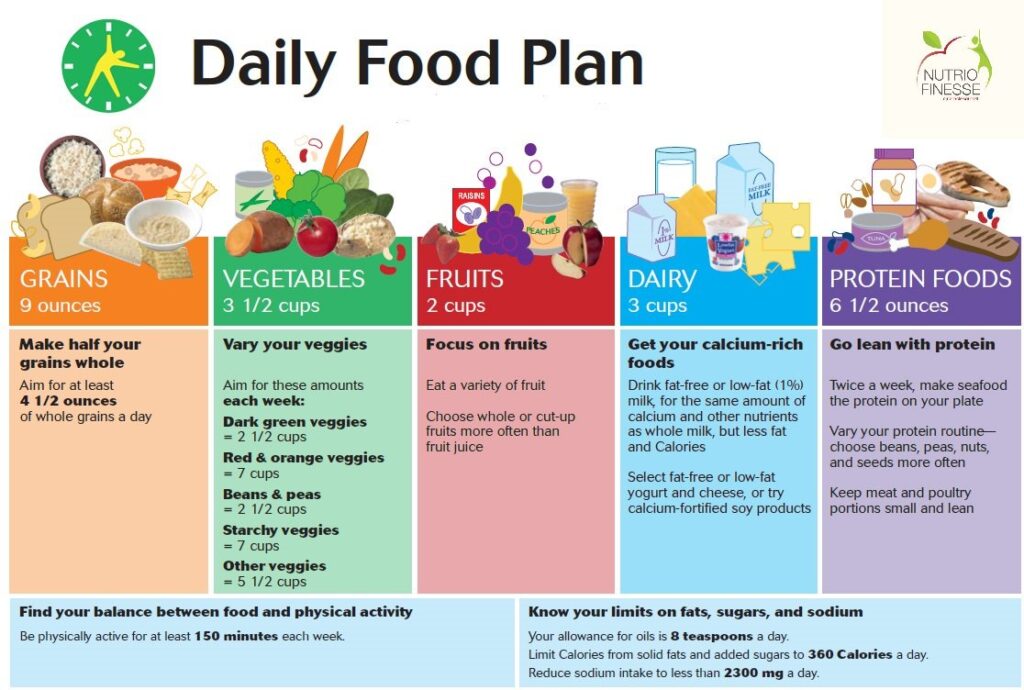The benefits of eating a healthy diet
- Introduction
- Importance of a healthy diet
- What constitutes a healthy diet
- Physical Health Benefits
- Weight management and control
- Lower risk of chronic diseases
- Increased energy levels
- Mental Health Benefits
- Impact on cognitive function
- Improved mood and mental well-being
- Nutritional Value
- Essential nutrients in a healthy diet
- Importance of balance and variety
- Long-Term Effects
- Promoting longevity and vitality
- Preventing age-related decline
- Healthy Diet and Skin Health
- Effects on skin appearance and health
- Boosting Immune System
- Role in strengthening immunity
- Fighting off illnesses and infections
- Healthy Diet and Exercise
- Complementing physical activity
- Enhancing fitness results
- Economic and Social Benefits
- Reducing healthcare costs
- Impact on overall well-being and productivity
- Tips for Adopting a Healthy Diet
- Incorporating whole foods
- Avoiding processed and sugary foods
- Myths and Misconceptions
- Addressing common misconceptions about healthy eating
- Challenges in Maintaining a Healthy Diet
- Overcoming obstacles and temptations
- Creating sustainable habits
- Healthy Diet for Different Age Groups
- Benefits specific to children, adults, and seniors
- Cultural and Dietary Diversity
- Embracing cultural variations in healthy eating
- Conclusion
- Summary of the benefits of a healthy diet
The Benefits of Eating a Healthy Diet
Introduction
Maintaining a healthy diet is paramount in enhancing overall well-being and vitality. It goes beyond just weight management and encompasses numerous physical, mental, and emotional benefits. Understanding what constitutes a healthy diet is pivotal in harnessing these advantages.
Physical Health Benefits
Weight Management and Control
A well-balanced diet contributes significantly to weight regulation. Incorporating nutrient-rich foods while moderating calorie intake helps prevent obesity and facilitates weight control efforts.

Lower Risk of Chronic Diseases
Research consistently emphasizes the role of a healthy diet in reducing the risk of chronic illnesses such as heart disease, diabetes, and certain cancers. It promotes optimal health by supplying essential nutrients and antioxidants necessary for combating these ailments.
Increased Energy Levels
Consuming a nutritious diet ensures a steady supply of energy throughout the day. Foods rich in complex carbohydrates, proteins, and healthy fats provide sustained energy, keeping fatigue at bay.
Mental Health Benefits

Impact on Cognitive Function
A diet rich in vitamins, minerals, and omega-3 fatty acids positively influences cognitive abilities, including memory and concentration. It fosters brain health and reduces the risk of cognitive decline.
Improved Mood and Mental Well-being
Studies highlight the correlation between diet and mental health. A healthy diet can mitigate the risk of depression and anxiety, promoting a positive outlook and emotional stability.
Nutritional Value
A healthy diet emphasizes the consumption of whole, nutrient-dense foods, ensuring an adequate intake of vitamins, minerals, and macronutrients essential for optimal health. Balancing food groups and incorporating a variety of foods is crucial.
Long-Term Effects
Adopting a healthy diet has long-term benefits, contributing to longevity and vitality. It plays a pivotal role in staving off age-related decline and preserving overall health in later years.
Healthy Diet and Skin Health
The impact of a healthy diet on skin health cannot be overstated. Nutrient-rich foods contribute to a radiant complexion, strengthen skin resilience, and delay signs of aging.
Boosting Immune System
A well-nourished body bolsters the immune system, enabling it to combat infections and illnesses effectively. Nutrients like vitamin C, zinc, and antioxidants fortify the body’s defenses.
Healthy Diet and Exercise
A healthy diet complements an active lifestyle, optimizing exercise outcomes and supporting overall fitness goals. Proper nutrition aids in muscle recovery and enhances performance.
Economic and Social Benefits
Adopting a healthy diet leads to reduced healthcare costs, positively impacting both individuals and society. Moreover, it fosters a healthier, more productive populace.
Tips for Adopting a Healthy Diet
Incorporating whole foods, avoiding processed sugars, and embracing mindful eating practices are fundamental steps toward establishing a healthy dietary pattern.
Myths and Misconceptions
Addressing common misconceptions about healthy eating can dispel myths and encourage more informed dietary choices.
Challenges in Maintaining a Healthy Diet
Overcoming obstacles and creating sustainable dietary habits are key challenges individuals face in adhering to a healthy eating regimen.

Healthy Diet for Different Age Groups
The benefits of a healthy diet vary across different age groups, addressing specific nutritional needs and promoting optimal health at various life stages.
Cultural and Dietary Diversity
Recognizing and embracing cultural and dietary diversity enriches the concept of a healthy diet, allowing for varied yet nutritious eating habits.
Conclusion
In conclusion, adopting a healthy diet yields multifaceted benefits, influencing physical, mental, and emotional well-being. Its profound impact on overall health underscores the importance of making informed dietary choices



